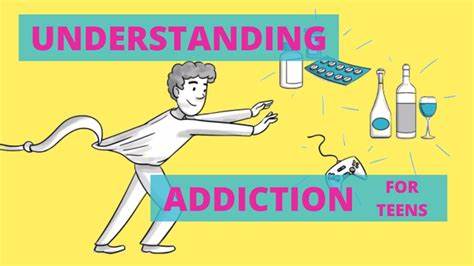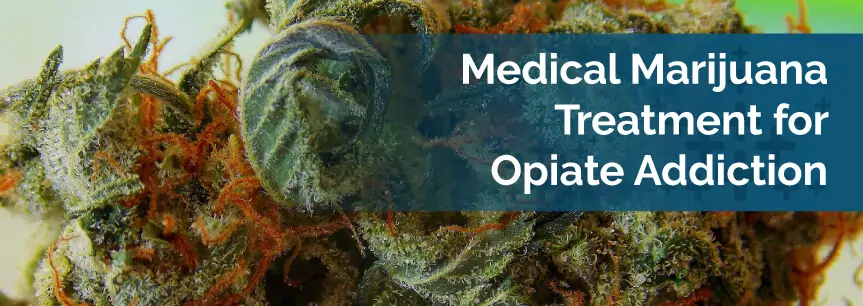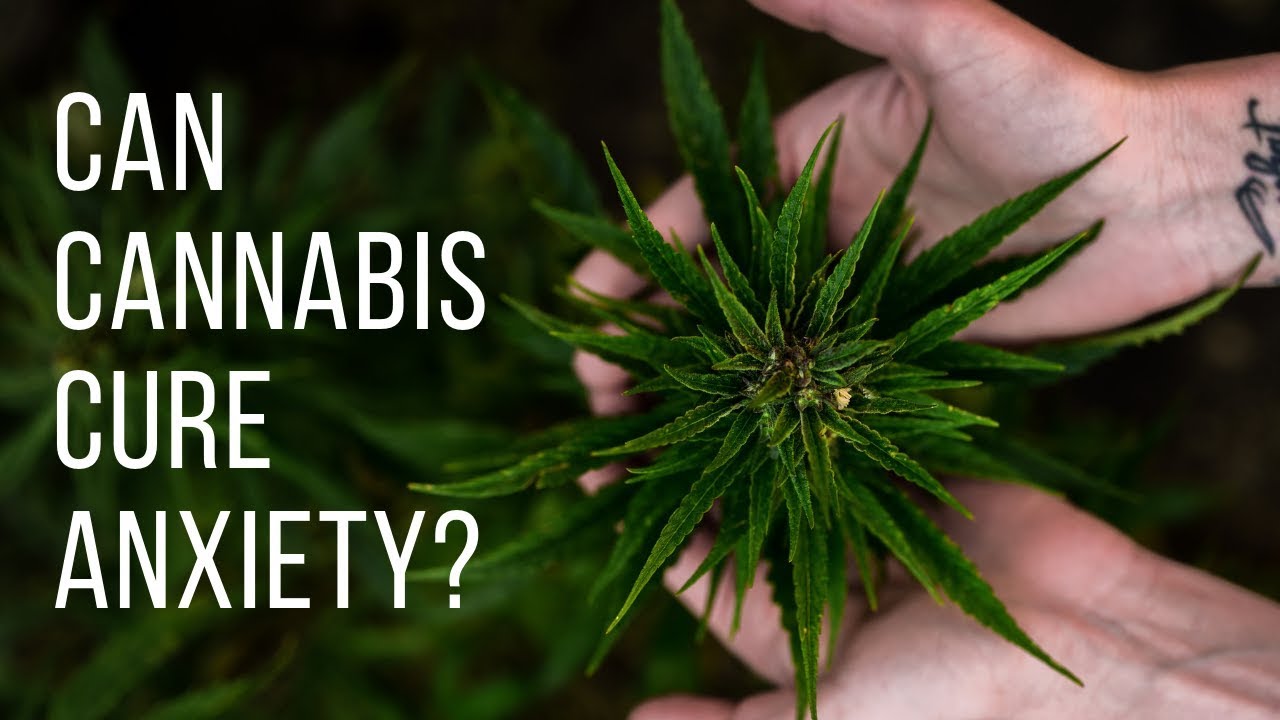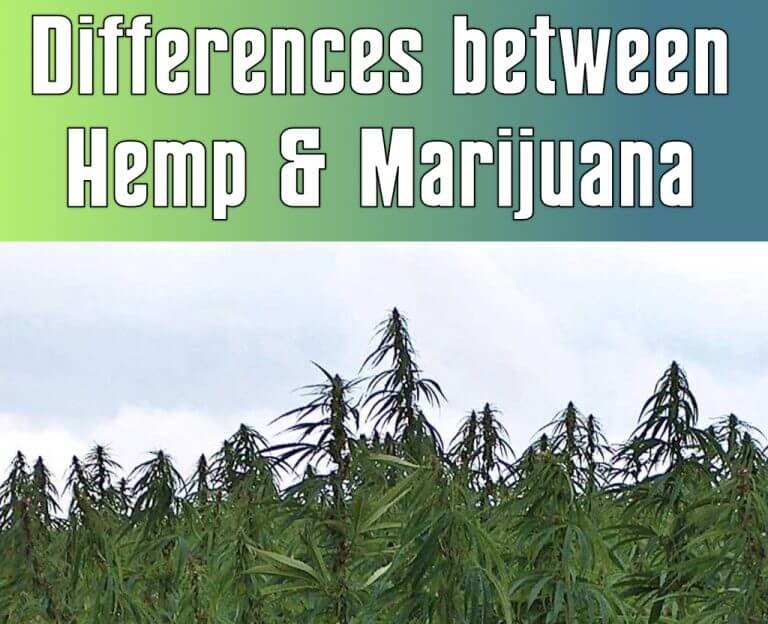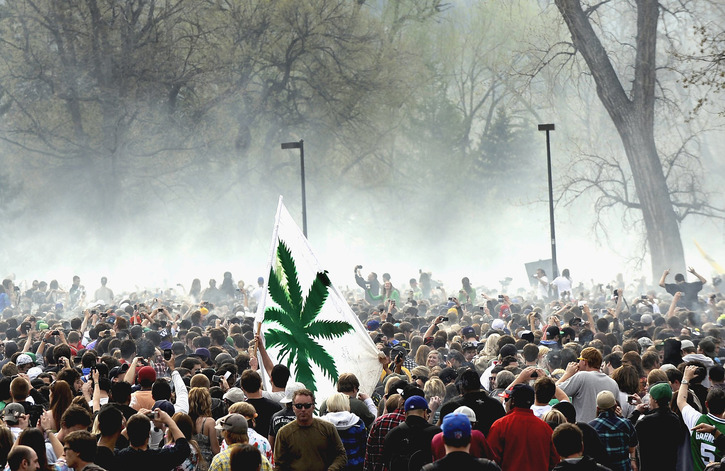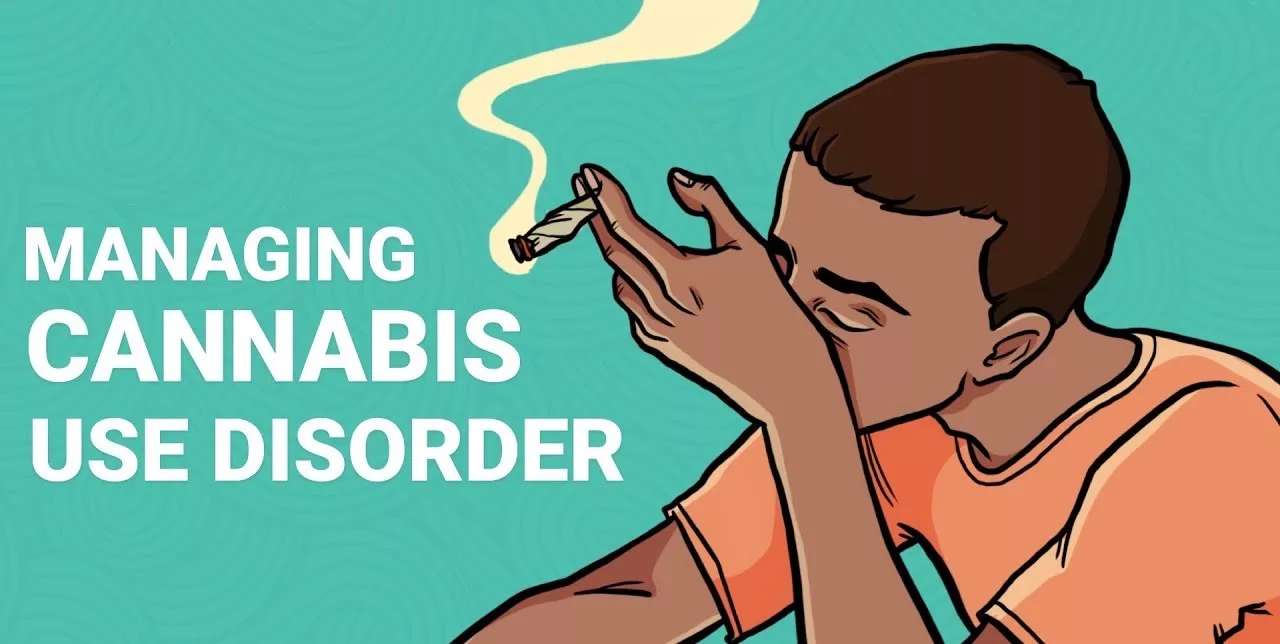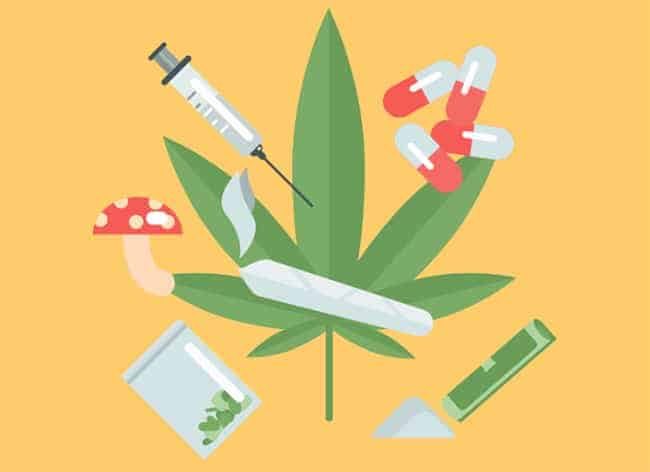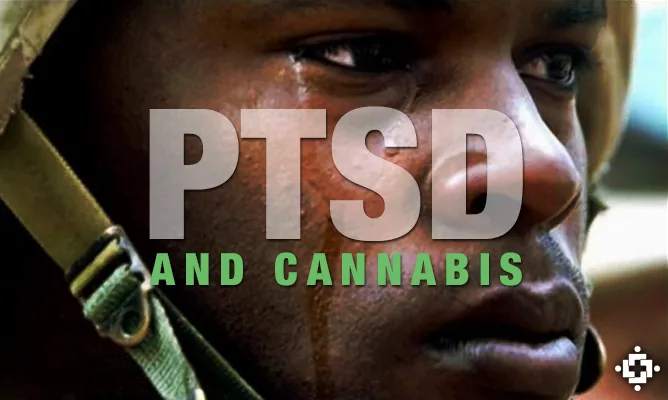Youth Addiction and Brain Changes
Addiction disrupts brain development, affecting memory, decision-making, and impulse control. It also causes withdrawal and mood swings. Prevention involves government policies, self-management, family support, and community resources, helping youths build resilience and make healthy choices. How Teen Addiction Disrupts Brain Development Adolescence is a crucial period for brain development, with key regions still maturing well … Read more
